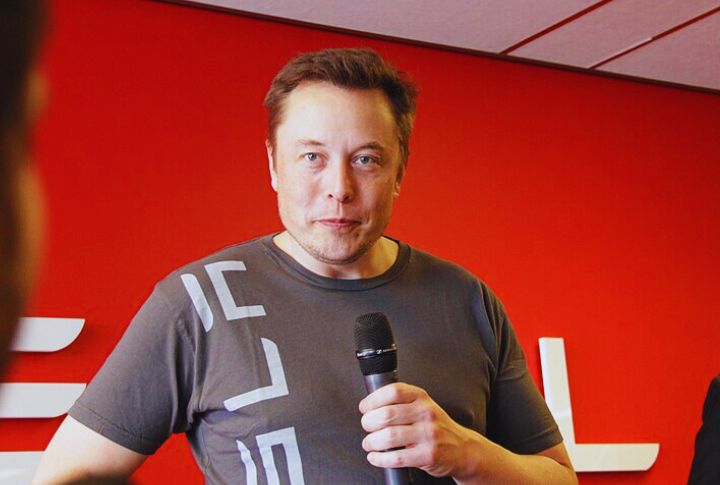
You’ve seen the headlines: Elon Musk just secured one of the biggest pay packages in history, and it’s sparking fresh debate about wealth in America. This story goes beyond corporate news, as it exposes how pay and power now move hand in hand at the highest levels. Understanding what’s behind this deal sheds light on the scale of inequality shaping today’s economy.
The Gigantic Pay Package
Tesla’s latest compensation plan places Elon Musk in a category of his own. The agreement links Musk’s potential payout to a set of bold performance goals that could reshape how executive pay works. What stands out is how much depends on Tesla expanding beyond cars—into software, artificial intelligence, and other advanced technologies that could redefine its future.
Instead of a traditional salary, the payout acts as a performance-driven blueprint. Each goal represents a step toward Tesla’s expansion into new markets, with investors effectively betting on Musk’s ability to deliver innovation at a massive scale. It’s a reminder that in today’s market, the line between leadership and brand power has never been thinner.
Supporters argue it keeps Musk motivated to deliver unprecedented growth. Critics see it as excessive, even reckless, in a world where most CEOs earn a fraction of that sum. The contrast makes the deal both fascinating and controversial.
A Mirror Of America’s Wealth Divide
Musk’s net worth now sits around $491.4 billion, while the median U.S. household has roughly $187,690 in total wealth. That gap is wider than ever, and this payout could stretch it further. To put it in perspective, the average American worker would need more than eight million years of steady pay to match Musk’s potential haul.
At a time when everyday costs like housing and healthcare strain middle-class families, such staggering figures can feel almost surreal. Yet, they reveal how executive compensation and asset growth now drive most wealth creation at the top. The conversation about inequality isn’t just theoretical anymore—it’s visible in corporate boardrooms.
The Anatomy Of The Deal
- Ambitious Benchmarks: To earn the payout, Tesla must reach an $8.5 trillion valuation, about eight times its current worth.
- Stock-Based Reward: Musk’s potential 423 million shares are divided into 12 performance tranches. Each unlocks when Tesla hits specific sales and profit goals.
- Investor Pushback: Norway’s sovereign wealth fund and several large pension groups voted against the plan, citing concerns about oversight and corporate governance.
- Legal Hurdles: Earlier this year, a Delaware court struck down Musk’s 2018 pay package for lacking proper board independence, which raises questions about whether history might repeat itself.
Each point underscores how unusual this setup is. It’s part business gamble, part power play, and entirely symbolic of modern capitalism’s extremes.
The Bigger Picture
This payout has already changed expectations for how companies reward their leaders. If it goes forward, it could reshape how executive pay connects to performance. Investors might face higher risks, while workers could feel even more distant from the rewards of corporate success.
It also highlights how much modern markets rely on strong personalities. Musk’s influence and ambition are deeply tied to Tesla’s value. Many investors aren’t only backing the company—they’re backing his vision.
Closing Thoughts
Elon Musk’s trillion-dollar payday is a snapshot of America’s wealth divide in motion. It reveals how the nation’s richest continue to stretch the limits of compensation, influence, and ambition while the middle class watches from the sidelines. Whether you admire the achievement or question the fairness, one thing’s clear: this record-breaking deal forces everyone to rethink what “earning it” really means.
